Recent Trends in Quantum Computation
Google has recently revealed its 72-qubit quantum computer, named Bristlecone. Earlier, Intel released a 49-qubit chip called Tangle Lake. IBM also built a quantum computer with 50 qubits. D-Wave boasts about their quantum annealing systems with more than 2000 qubits. What’s all the fuss about? Quantum computation is a novel way of information processing that allows, for certain classes of problems, exponential speedup over classical computation. Various models of quantum computation exist, such as the adiabatic, circuit, and measurement-based models, but operate very differently and may suit different physical realizations. I will give a pedagogical introduction to quantum computation and sketch some of the recent trends. You will have some idea why quantum computers seem powerful and yet it is not easy to design quantum algorithms that outperform classical ones. But quantum computers can be used to simulate other quantum systems, and this potentially opens up many potential applications of quantum computers, including quantum many-body problems and quantum chemistry, in addition to other quantum algorithmic pursuits. Another direction currently under investigation is the use of quantum computers in machine learning. I will also discuss the idea of quantum error correction, in order for the quantum computer to retain its coherence and resist errors. One of the characteristic trait of quantum mechanics is entanglement and during the execution of a quantum algorithm, entanglement is generated. Entanglement itself can also enable tasks that are otherwise impossible. If time permits I will briefly discuss my own research on how to exploit entanglement as a resource for quantum computation. This talk does not assume much background in physics and is accessible to mathematicians, chemists, computer scientists and engineers.


